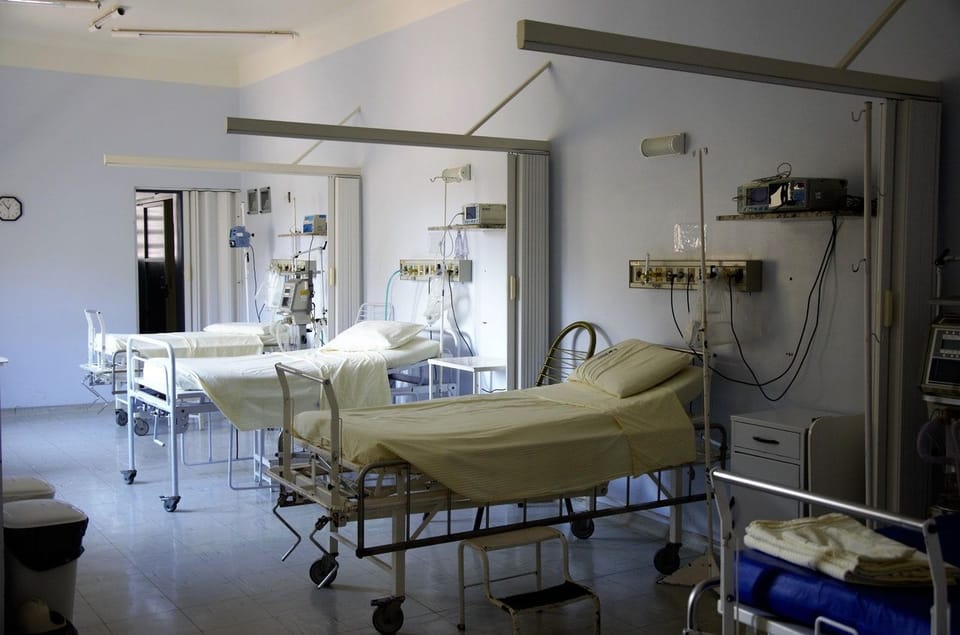How To Improve The Quality Of Healthcare For Patients With A CRM System?
Table of Content
With the increase in health risks and the need to keep societies healthy, healthcare service provision requires more agile solutions. Medical professionals and administrators must therefore find solutions that help them offer quality affordable services to patients.
One of the key elements in customer service is satisfaction. Health service providers using a good customer service management system can enhance customer satisfaction by improving the quality of healthcare offered to their patients. Besides, according to Creatio, retention is among the biggest challenges that healthcare service providers face today. CRM health care can be used to provide solutions to the many challenges in the industry.

In this article, we discuss some ways through which healthcare CRM can be used to improve the quality of healthcare for patients.
Centralized Patient Data Management
Patient data is a crucial part of the healthcare unit for better management of relationship between healthcare providers and the patients. Medical CRM can be used to automate patient data management, including collection, storage and display.
With this platform therefore, health professionals can store patient data in the cloud and make it available to team members any time on any device. Managers and health officers can therefore access and use this information from a centralized unit and use it to improve healthcare for patients.
Targeted, Accurate And Relevant Messaging
In a patient-oriented healthcare, targeted messaging makes a big difference. Healthcare CRM helps you to target the right group of people by sending the right information to the right patient, at the right time.
CRM helps the sector by segmenting patients, optimizing and measuring the multi-channel campaigns. By doing this, managers can better understand the behavior of patients as well as target them accordingly.
Patient Profiling
A good CRM for doctors helps hospitals to forecast the needs of patients to be able to profile and schedule treatments. Besides, when all the patients are integrated within a unified dashboard, it becomes easier to generate in-depth reports and additional precise insights on the patients.
Referral-Based Patient Targeting
With the increase in the number of healthcare providers, there is an increased need for hospitals to engage in the Business to Patients. This helps them to market to physicians and be able to maintain the relationship.
CRM and marketing automation supports B2P relationships and helps to improve service delivery. For instance, the CRM technology can be used to drive targeted programs such as smoking cessation, weight loss, healthy eating etc.
Improve Information Coordination
One of the ways healthcare CRM software can help healthcare is by coordinating information sharing between multiple parties. For instance, front desk workers can build a system to facilitate hospital regulations, insurance processes and transfer of information among many other services.
In addition, improved information sharing and coordination between patients. This improves service and patient retention rates.
Once CRM collects the right information about the patient, the CRM system can be used to send specific emails including advices from the doctors to keep patients well-informed. Besides, it can be used to make follow-up contacts to check on the patient’s improvement.
Run Data Analysis
There is many data at the disposal of many healthcare facilities. However, not every organization knows how to handle or even utilize the information. Healthcare providers should be able to use the available data to improve service delivery.
A good healthcare CRM helps the industry by analyzing the data. Once the data is analyzed by the medical CRM tools, it is made available on the dashboard. The analysis results can then be used to improve customer service at the health facility.
Medical CRM tools can therefore be used in different ways to improve the quality of healthcare for patients. Summarily, the process of implanting a good CRM in the hospital follows the key elements listed below:
- Collecting and aggregating patient data and other key details such as medical history, frequency of visits, discharges etc.
- Analyzing the data collected and communicating results with specific patients through the right media.
- Monitoring and tracking impacts of the campaigns.










